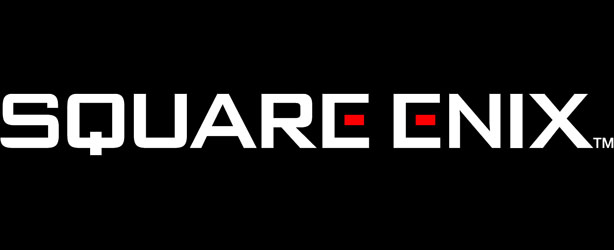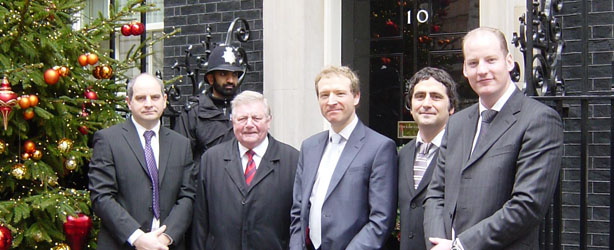Why Tiga Thinks We Will Get Games Tax Relief
However, Wilson points out that TIGA also campaigns for lower levels of corporation tax, and says that tax relief is just one of the measures that could help to make the UK games industry more competitive. He also pointed out that games tax relief 'doesn't need to be overly bureaucratic and it doesn't need to wrap games developers up in red tape - a lot of manufacturing companies can benefit from manufacturing allowances, and it doesn't involve huge amounts of bureaucracy to benefit from those tax breaks.'Wilson also points out that no industries have a consensus of opinions on every matter, but says that most games developers do support the idea of games tax relief.
So what would happen if the UK games industry didn't get the tax relief system that TIGA proposes? 'If the government continues to dither and hesitate,' says Wilson, 'we'll see overseas publishers less likely to invest in the UK games industry. Something like 76 per cent of all investment in the UK games industry comes from overseas publishers – we have an extraordinary dependence on overseas publishers.

Square Enix has just announced another new studio in Canada, which Wilson says is a response to the country's strong tax incentives
'Those publishers can look to a number of different countries all over the world to invest in, and they'll of course look to invest in the countries that have generous tax breaks. I see that Square Enix/Eidos is opening another studio in Canada, and they're clearly responding to those very strong levels of incentives. So overseas publishers will be less likely to invest in the UK, and that will lead to further job losses and falling investment. '
Of course, the whole UK games industry isn't solely reliant on international publishers. 'The UK games industry will survive,' says Wilson, 'and indeed some parts of it will continue to prosper and grow – we have some casual game developers, for example, and many companies are trying to develop games online – those companies will continue to grow and prosper. But the overall state of the industry will not be as good as it otherwise could be if we don't get games tax relief.'
TIGA is still optimistic that it will persuade the government to introduce a proper tax relief system for the UK games industry, though. Wilson regularly meets with MPs and also handed in a petition to 10 Downing Street in 2009 with TIGA's games tax relief proposals.
'I'm absolutely confident that we will get a tax break eventually,' says Wilson, 'I really genuinely do believe that, but it clearly isn't an easy campaign to run, and we have to be very patient, because the timelines of politicians are different from the timelines of the games industry. However, we have a good argument to make, the facts are on our side and TIGA will never give up.'
One of Wilson's key arguments concerns the sheer potential size of the games industry, as well as its growth, and that it's important for the UK economy to get as big a share of that as possible. He quotes figures from Price Waterhouse Cooper's Global Entertainment and Media Outlook 2010-2014 report, suggesting that the worldwide games market will grow from $52.5 billion in 2009 to $86.8 billion in 2014.
'The critical question from the government's perspective is why would they not want the UK games industry to be a part of that success story? says Wilson. 'There's this growing market, and there are huge opportunities for British companies to develop and sell games and win a share of that growing market. But if we don't back those businesses with games tax relief, then they will win a smaller share of that, they'll receive less investment and fewer jobs will be created than would otherwise be the case. So there's a lot at stake, and that's why we're not going to give up and why we'll continue to push this campaign forward.'

MSI MPG Velox 100R Chassis Review
October 14 2021 | 15:04











Want to comment? Please log in.